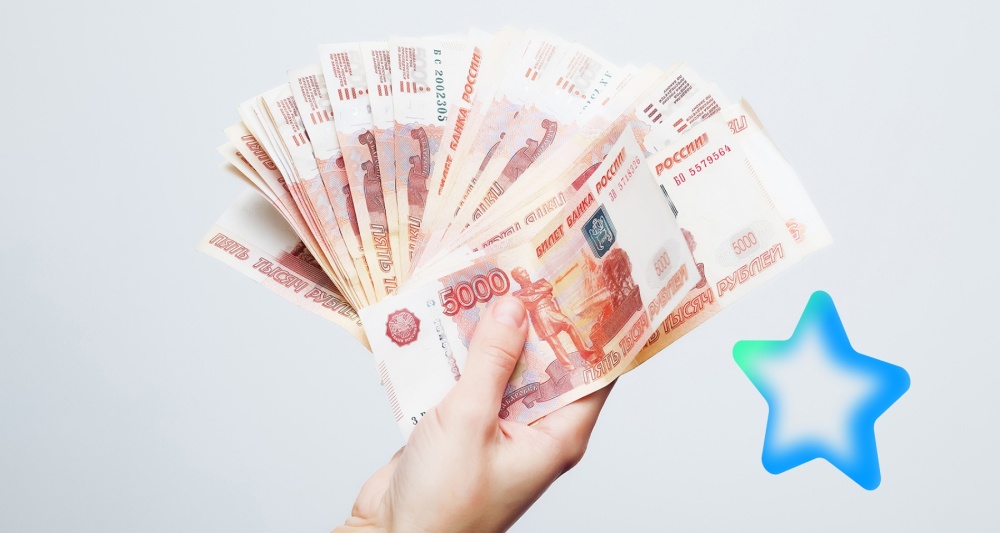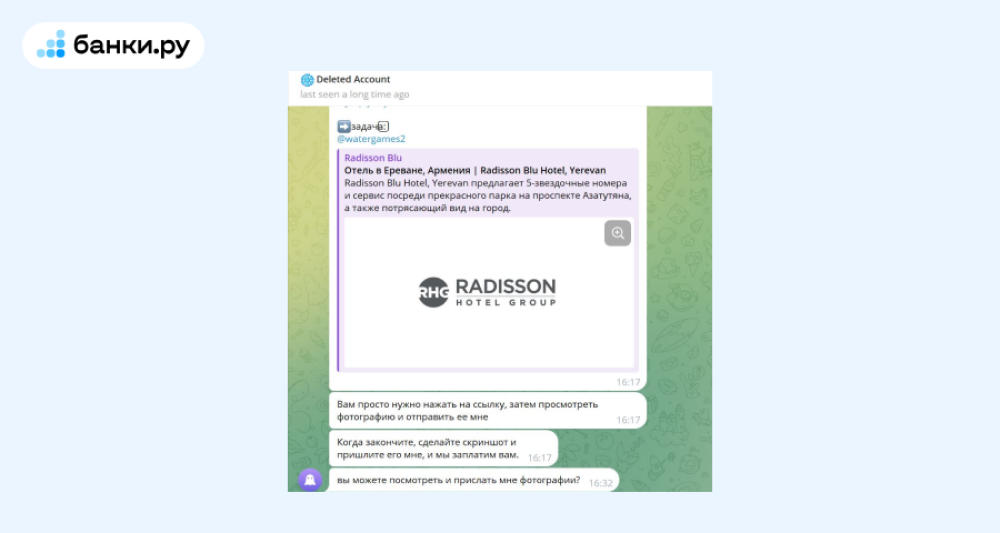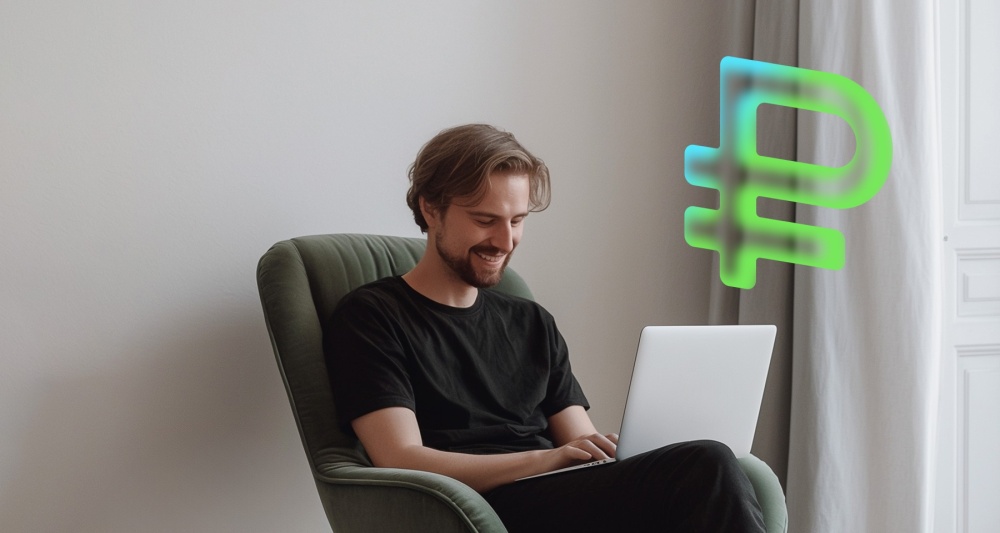KOMMERSANT. Iceland investment company Straumborg plans to sell its 100% Russian subsidiary, Norvick Bank, several sources on the banking market told Kommersant about a transaction to be executed in coming months. “Norvick Bank’s shareholders found a buyer for the Russian asset,“ said an employee of a consulting company who is familiar with the matter. “Norvick Bank will be sold to Russian bankers that are the bank’s current customers,” specified the paper’s source adding the buyers already own several small banks and they plan to bring them under one roof.
According to a market participant, Norvick Bank has been on sale for more than a year already, but it took a long time to find a buyer. “Norvick Bank had nibbles from various customers," another source of the business daily said. The same source added that last year a large foreign bank, which currently operates in Russia via its representative office, made some inquiries, but refused from a transaction. Norvick Bank declined to give official comments.
Until 2006 Norvick Bank operated as Fineco-Bank and was owned by Latvian citizens of Russian origin Andreys Svirchenkovs and Yurys Shapurovs who also controlled fairly large Latvian bank Lateko. In the early 2000s, as the media wrote on numerous occasions, Lateko was involved in a scandal related to money laundering and faced claims from regulators, precisely, the US Department of State. In 2006 Straumborg acquired both the Latvian and Russian banks, they were renamed, and the Iceland investor gained 100% of the Russian bank, while Svirchenkovs and Shapurovs retained minority stakes in Lateko. “The lender’s former beneficial owners retained many powers both at the Latvian and the Russian banks also after taking an investor on board,“ the newspaper’s source close to Norvick Bank said. At present, Svirchenkovs and Shapurovs are board members at Norvick Bank. “It occurs often on the market when a company attracts a respectable nominal shareholder to better its business reputation, but real owners remain unchanged,” specifies director of the Moscow office of Tax Consulting UK Eduard Savulyak.
As the market’s participants point out, Norvick Bank’s business looks fairly specific at the moment. “Norvick Bank is moderate when it comes to lending, and the bulk of its turnover falls to currency operations,“ says Victor Chetverikov, general director of the National Rating Agency. So, in line with the lender’s RAS financial statement, as of March 1, 2011 the bank’s credit portfolio (largely corporate loans) was around Rub 1 bln (with assets equaling Rub 2 bln). Alongside this, Norvick Bank’s currency turnover (90% of the total turnover on the bank’s accounts) is equal to roughly Rub 400 bln per month, Chetverikov estimates. “This level of currency exchange operations is extremely untypical,” BDO partner in Russia Denis Taradov specifies.
“Norvick Bank, which has no network or sizeable credit portfolio, could be of interest to a buyer solely because of its banking license and minimal infrastructure,“ Absolut Bank deputy management board chairman Evgeny Retyunsky assesses sale prospects of this asset. “In case of the sale the price tag of this bank will hardly exceed its first tier capital,” notes Chetverikov adding “the bank operates close to the breakeven level”. As of late March 2011, Norvick Bank’s aggregate capital amounted to Rub 648 mln, last year the lender generated net profit of Rub 26 mln, but as of March 1 expenses exceeded earnings by Rub 3 mln.










